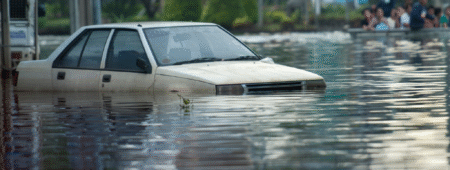How to throw away less waste?
We wait all year to bask in the sun and catch more vitamin D. However, when the coveted summer months arrive, we mainly think about what to do to cool down. Is this the case for you too?
Have you ever thought about how many kilos of waste you throw in the bin? A surprising question, isn't it? But more surprising than the question itself is the answer. The average Pole produces around 350 kg of waste per year. This figure is impressive. What can be done to reduce it?
All you need to do is implement a few simple habits in your daily life. It's no big deal, see for yourself.

How to produce less waste? Seven practical tips
Take a look at the list below of things to put in place 'right away'. Are you doing that? Bravo! Not yet? Be sure to give it a try.
- Use cloth bags when shopping. On average, each of us uses between 250 and 300 plastic bags per year. So-called plastic film takes tens to hundreds of years to decompose. Its presence in an undecomposed state has disastrous consequences for the environment.
- Use a glass bottle or bidon instead of a plastic bottle. The bottle, like the plastic bottle, is made of plastic. Depending on the plastic from which the plastic bottle is specifically made, it takes between 100 and even 1,000 years to decompose.
- Segregate waste correctly. Segregation allows us to save natural resources. For example: by segregating paper correctly, we save trees. Seemingly clear and obvious, but a large group of people still do not do this.
- Make thoughtful purchases. Each of us, according to statistics, wastes 75 kg of food a year. This adds up to around 5 million tonnes of wasted food globally!
- Repair if possible - don't throw it away. It saves your wallet, but also the environment. By repairing damaged items, there will certainly be less waste in the world.
- Give things a second life. Instead of throwing it in the recycling bin, think about whether the item can still be used. The jars in which our favourite pickles are prepared are a perfect example.
- Compost. Biodegradable waste is used to make compost, a safe and natural fertiliser for plants. It will make your plants grow like crazy.
By changing your habits, you will take care of the planet. Future generations will certainly thank you for it. So what, are you starting today?



